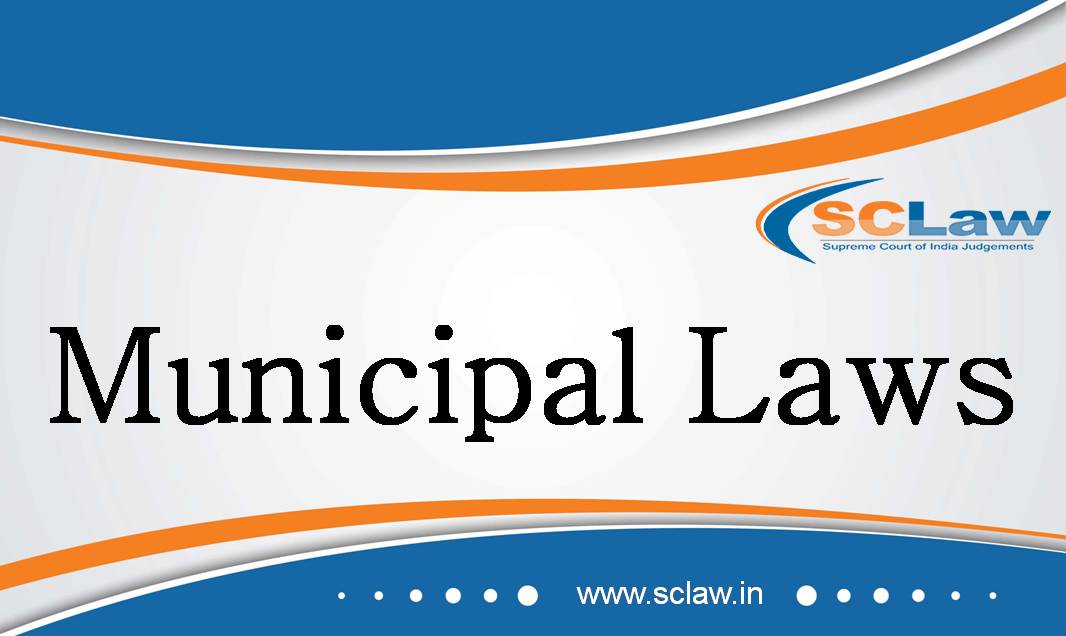Minor inconsistencies in witness testimony do not invalidate the entire testimony, the principle of falsus in uno, falsus in omnibus is not applicable in Indian law, a faulty investigation does not automatically lead to acquittal, and testimony of interested witnesses can be relied upon if it is credible
2025 INSC 28 SUPREME COURT OF INDIA DIVISION BENCH EDAKKANDI DINESHAN @ P. DINESHAN AND OTHERS Vs. STATE OF KERELA ( Before : Sudhanshu Dhulia and Prasanna B. Varale, JJ.…
Under the NDPS Act, while vehicles used in drug offenses can be confiscated, there is no explicit bar to their interim release, and courts can use Sections 451 and 457 of the Cr.P.C. to release vehicles on superdari, especially when the owner is not an accused and conditions are met
2025 INSC 32 SUPREME COURT OF INDIA DIVISION BENCH BISHWAJIT DEY — Appellant Vs. STATE OF ASSAM — Respondent ( Before : Sanjay Karol and Manmohan, JJ. ) Criminal Appeal…
Supreme Court held that a lease agreement and statutory provisions did not obligate the Municipal Corporation to convey land to a lessee after the lease expired, especially when there was a long delay in claiming the right
2025 INSC 36 SUPREME COURT OF INDIA DIVISION BENCH MUNICIPAL CORPORATION OF GREATER MUMBAI AND OTHERS — Appellant Vs. CENTURY TEXTILES AND INDUSTRIES LIMITED AND OTHERS — Respondent ( Before…
Penal Code, 1860 (IPC) — Section 326 — Compromise Despite Non-Compoundability — Even though section 326 is a non-compoundable offense under the Criminal Procedure Code, the Court can still allow the compounding of such an offense when there is a genuine and voluntary settlement between the parties — This is an exception to the general rule and is invoked in special circumstances.
2025 INSC 37 SUPREME COURT OF INDIA DIVISION BENCH H. N. PANDAKUMAR — Appellant Vs. STATE OF KARNATAKA — Respondent ( Before : Vikram Nath and Prasanna B. Varale, JJ.…
A plaint can be rejected under Order 7 Rule 11(d) of the CPC if the suit appears to be barred by any law, such as the law of limitation.
2025 INSC 42 SUPREME COURT OF INDIA DIVISION BENCH INDIAN EVANGELICAL LUTHERAN CHURCH TRUST ASSOCIATION — Appellant Vs. SRI BALA & CO. — Respondent ( Before : B.V. Nagarathna and…
A claim of juvenility can be raised at any stage of a case, even after final disposal and a Presidential Order, and courts have a mandatory duty to consider such claims in accordance with the Juvenile Justice Act, 2015
2025 INSC 43 SUPREME COURT OF INDIA DIVISION BENCH OM PRAKASH @ ISRAEL @ RAJU @ RAJU DAS — Appellant Vs. UNION OF INDIA AND ANOTHER — Respondent ( Before…
Motor Vehicles Act, 1988 — Section 162 — Scheme for golden hour — Obligation of Central Government — The court emphasizes the statutory obligation of the Central Government to create a scheme for cashless treatment of accident victims during the golden hour as mandated by Section 162(2) of the Motor Vehicles Act, 1988 (MV Act) — This obligation is not discretionary but a legal requirement.
2025 INSC 45 SUPREME COURT OF INDIA DIVISION BENCH S. RAJASEEKARAN — Appellant Vs. UNION OF INDIA AND OTHERS — Respondent ( Before : Abhay S. Oka and Augustine George…
Penal Code, 1860 (IPC) — Section 306 —Abetment of Suicide — The appellant sought anticipatory bail after the High Court rejected her plea — The State of Punjab acknowledged her participation in the investigation and stated no further custodial interrogation was needed — The Supreme Court granted her anticipatory bail, considering the State of Punjab’s submission that she cooperated with the investigation — The decision was based on the recognition that custodial interrogation was no longer necessary and that anticipatory bail would be appropriate — The Supreme Court concluded that appellant should be granted anticipatory bail, subject to any conditions imposed by the Trial Court — The State would retain the right to seek bail cancellation if conditions were violated.
2025 INSC 49 SUPREME COURT OF INDIA DIVISION BENCH MAMTA KAUR Vs. STATE OF PUNJAB ( Before : Bela M. Trivedi and Prasanna B. Varale, JJ. ) Criminal Appeal No….of…
Valid arbitration agreement is a prerequisite for arbitration proceedings, and that the unilateral appointment of arbitrators and the fraudulent nature of the process rendered the awards null and void
2025 INSC 48 SUPREME COURT OF INDIA FULL BENCH STATE OF UTTAR PRADESH AND ANOTHER Vs. R.K. PANDEY AND ANOTHER ( Before : Sanjiv Khanna, CJI., Sanjay Kumar and R.…
Railways Act, 1989 — Section 143 — The creation of multiple user IDs is not explicitly criminalized under Section 143, but unauthorized procurement and supply of tickets is — The court stated that penal provisions must be read strictly and narrowly and since the act does not mention multiple IDs, it cannot be penalized — The court found that while an authorized agent who engages in unauthorized actions would not be penalized under this law, an unauthorized person who engages in such actions would be penalized.
2025 INSC 51 SUPREME COURT OF INDIA DIVISION BENCH INSPECTOR, RAILWAY PROTECTION FORCE, KOTTAYAM Vs. MATHEW K CHERIAN AND ANOTHER ( Before : Dipankar Datta and Prashant Kumar Mishra, JJ.…














